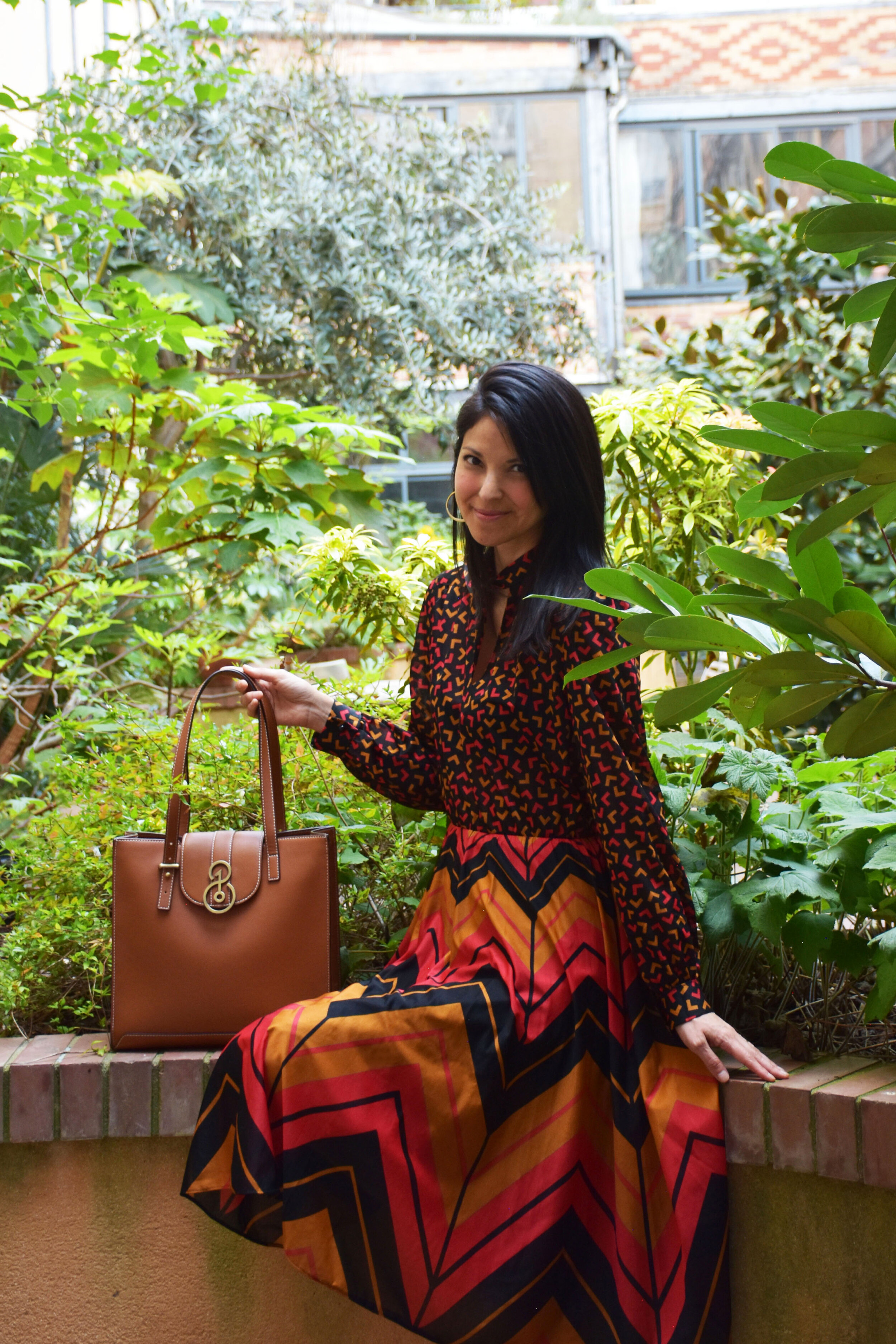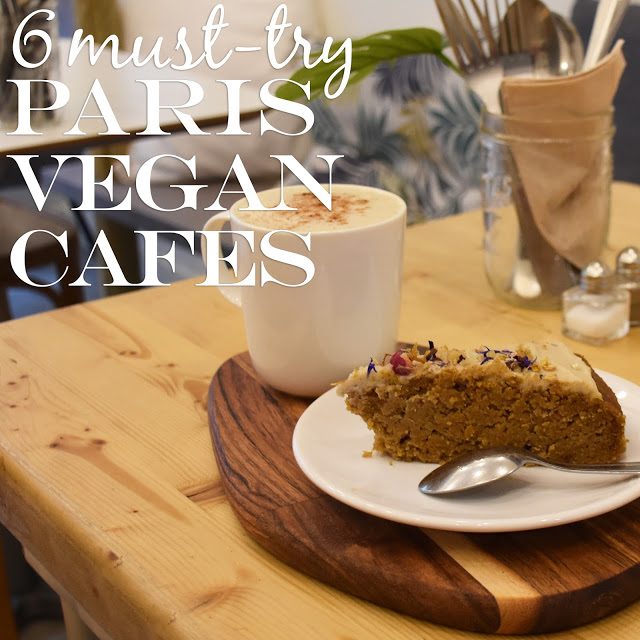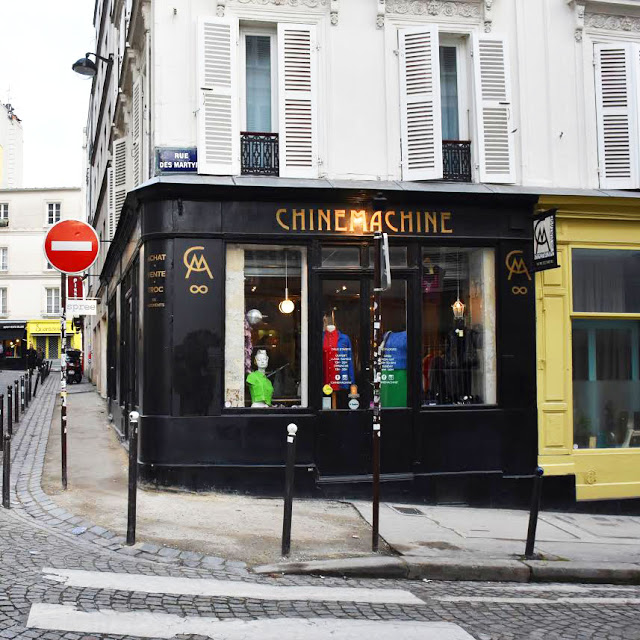eco brand: the 108 handbags, socially conscious style
/into africa
today’s ethical brand, the one08, takes us to the pastoral landscape of eastern africa to the il ngwesi wildlife conservancy. spanning 16,500 acres of lush low plains + highlands, il ngwesi is a community-led + operated conservation initiative in northern kenya, a sanctuary for the critically endangered black rhino, the white rhino, the african elephant + the grevy’s zebra. the vision of the conservation initiative is to sustainably manage the land to conserve wildlife.
this is not just a bag
the one08 is an eco, vegan handbag label created with the purpose of participating in the conservation of wildlife + the protection of our planet. how does a simple product like a handbag contribute to the conservation of biodiversity? the root of the answer lies in the company name. the number 108 was considered the basis of all creation in ancient cultures and traditions. co-founders jamie travis + marnie quinn came together to create the one08, 1 representing the individual, 0 representing the collective and 8 representing the infinite.
“Hearing the fierce roar of a lion just a few feet away is like coming heart to heart with the seat of creation itself. It is not only through the sound but through the resulting vibration in your heart. This permanently changed the way I view our place in the world. My life mission is to speak for the wildlife as they cannot speak for themselves.”
the one08
33% of the profits from the sale of every the one08 handbag is used to purchase equipment and provide training for the people at il ngwesi so that they may continue to live in symbiosis with the land + wildlife.**
every purchase of a cruelty-free, handcrafted product provides viable means of employment, thus allowing the maasai people to live in harmony with wildlife + their environs. the founders of remind us that long term wildlife conservation can only be achieved by working with the communities that inhabit the same land, “our solution is providing economic opportunity for these communities.”
do no harm
it started with a visit to south africa in 2013, where a deep passion for wildlife conservation was ignited. “hearing the fierce roar of a lion just a few feet away is like coming heart to heart with the seat of creation itself. it is not only through the sound but through the resulting vibration in your heart. this permanently changed the way i view our place in the world. my life mission is to speak for the wildlife as they cannot speak for themselves. “
forward thinking
as a conscious consumer, i have been seeking an ethically produced + vegan handbag to travel with me, across town or across continents, and the one08 has captured my heart for their lofty mission and design-led handbags that are transforming an entire community in kenya and conserving wildlife while protecting the environment. all the one08 designs are made with vegan leather, including an innovative plantbased, pineapple leaf fiber, all lined with a happy flora + fauna print made of 100% recycled plastic bottles.
the one08 bag has been my trusty companion, as i stay put for now during these precarious times and appreciate simple pleasures like native vegetation, fresh spring breezes and the scent of fresh blooms on my way to the market. i dream of visiting the il ngwesi eco lodge with friends in the future. when the time comes, i’ll carry this powerful product with me. for now, i love to dream + scheme as i look forward with anticipation to future adventures.
i’ll be holding this bag on my arm as my nomadic soul trots across the globe for all future grand explorations.
don’t forget the tip: **the wildlife conservancy is home to a breathtaking eco lodge hand built by maasai tribal members on the model of responsible tourism and is both owned and managed by the maasai people. the maasai people benefit from sustainable development projects funded by the conservancy including adequate medical care, job training and education for local schoolchildren. let us travel to africa, my friends, at least via our imaginations until we can voyage there one fine day: click here to travel to il ngwesi.
until next time, stay green dear hearts!












































!["since the outbreak of covid-19, we have seen the devastating impact of fashion brands' purchasing practices, such as cancelled orders and delayed payments, on some of the most vulnerable workers in the [garment industry] supply chain.
the vast](https://images.squarespace-cdn.com/content/v1/5a542a39bff200360146681d/1587760602053-771QUODRHY8D2UVTWTOL/image-asset.jpeg)

































